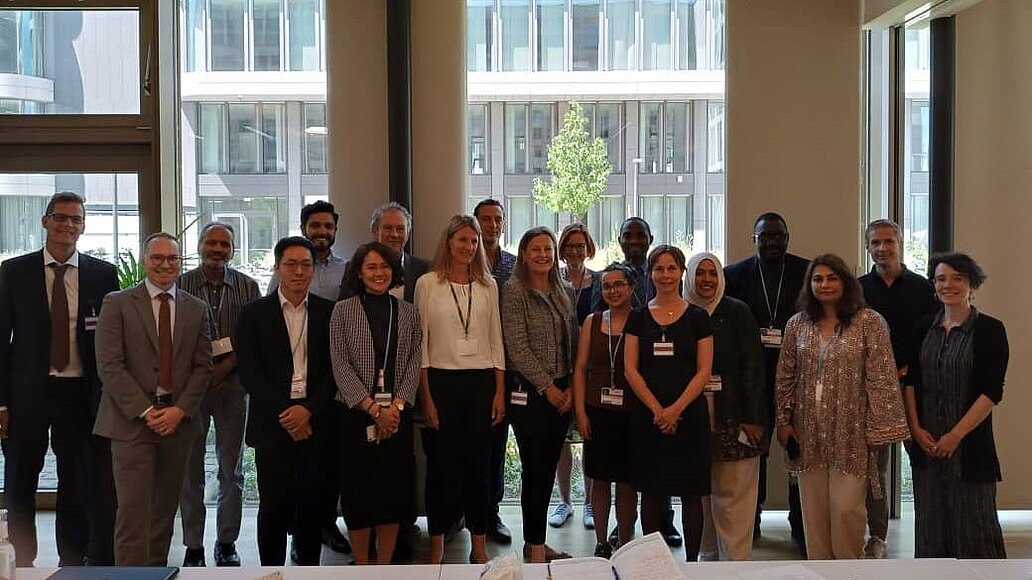Background and objective
Many developing and emerging economies are interested in participating in voluntary cooperation as permitted under Article 6 of the Paris Agreement. These countries see the potential for Article 6 carbon transactions to generate mutually beneficial and real climate change mitigation and sustainable development outcomes. However, participation in the Article 6-established market requires a strong technical foundation to demonstrate additionality and safeguard environmental integrity. Additionally, in most cases, new governance frameworks with institutional structures, regulations and strategies are required. The Supporting Preparedness for Article 6 Cooperation (SPAR6C) program aims to support partner country governments to address these needs, raise domestic ambition, engaging private sector actors and feed research and lessons learned from national experiences back to the international community.
Implementation
SPAR6C is a 5-year program with three key components. First, the program provides support to the governments of Colombia, Pakistan, Thailand and Zambia to be better prepared for engaging in Article 6 transactions. Consortium partners, under the leadership of the Global Green Growth Institute (GGGI), provide technical assistance for medium- and long-term emissions planning, examining opporutnities to raise mitigation ambition through Article 6 engagement. Further, the program supports partner governments with the design of strategies, regulations, institutional arrangments and/or other necessary decision structures that will allow them to authorize ITMO transfers in line with Article 6 rules and procedures. In addition, the program works with private sector and government stakeholders to develop pipelines of tradable mitigation activities, and aims to finalize 8 endorsed Mitigation Activity Design Documents (MADDs).
The second component of the program includes the developement of an Article 6 toolbox, which can guide project partners and other governements in their national Article 6 plannign and engagement. The third component of the program is the establishment of High Ambition Community of Practice (HA-COP), an international platform for knowledge sharing and dissementation among government practitioners, private sector and academia. The HA-COP will develop and share research-based best practices and lessons learned in Article 6 engagement.
Results and Outlook
The project was launched in June of 2022, on the sidelines of the 56th Subsidiary Body meeting in Bonn. The launch meeting was attended by BMWK, representatives from all partner governments, and representatives of all consortium members. In-country kickoff meetings, gap and needs assessments, as well as a pilot convening of the HA-COP at COP27 in Egypt are planned throughout 2022.

